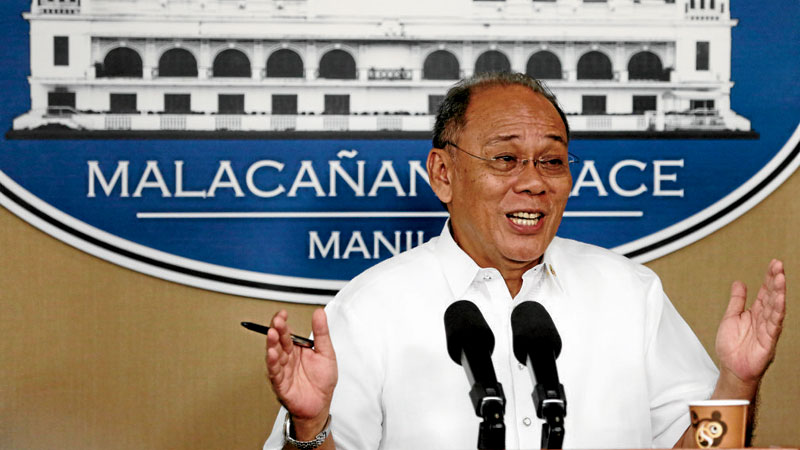THE PROPOSED list of 166 exceptions to the executive order (EO) on freedom of information (FOI) will be “further clarified,” Malacañang said on Tuesday as it maintained that the EO remains a “transparency measure.”
The President’s spokesperson Ernesto Abella said the exceptions, contained in the draft manual on the implementation of the FOI order, were “standard.”
Many of the exceptions are already kept under wraps such as those dealing with national security and the country’s defense.
But there are also several provisions that have raised concerns or questions.
One is the exception stating that “government officials cannot be compelled to prepare lists and detailed reports on how congressional funds were disbursed.”
Sen. Grace Poe earlier expressed concern on exempting the release of details on congressional funds disbursements, saying these are “patently public documents and of paramount public concern.”
Asked about this particular exception, Abella said “the details are being worked out.”
He could not say if the 166 exceptions would be decreased, but clarifications would be issued.
“I’m not sure if it will be trimmed down, but it will be further clarified,” he said.
Under the draft FOI manual, also considered confidential were court records, including pleadings and other documents filed by litigants.
But the executive order on FOI only covers the executive branch of government. Furthermore, most court records have been available to the public.
Asked about this, Abella said the government was making sure everything dovetails and does not conflict with each other.
“This could be part of the things that are being worked out through the office of the ES [executive secretary],” he added.
As for the release of the statement of assets, liabilities, and net worth (SALN) of government officials, which would only be allowed to news and communications media for public dissemination, he said this was intended to “safeguard against the malicious use of the information.”
But even without the draft FOI manual of the executive branch, the code of conduct and ethical standards for public officials and employees already prohibits the use of the SALN for any purpose contrary to morals or public policy or any commercial purposes.
